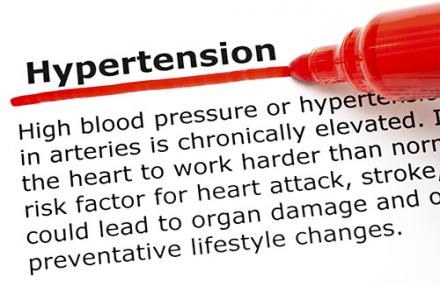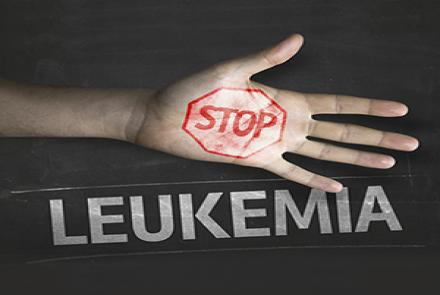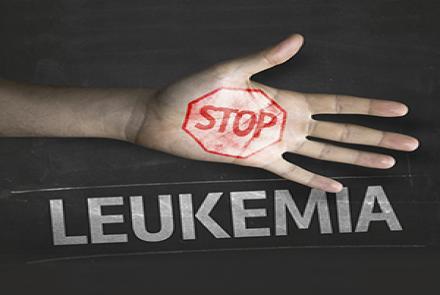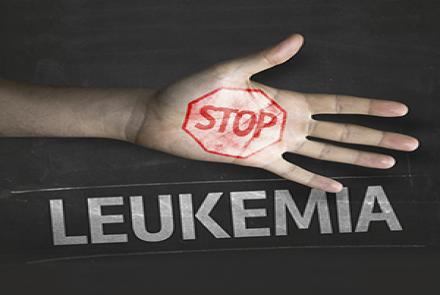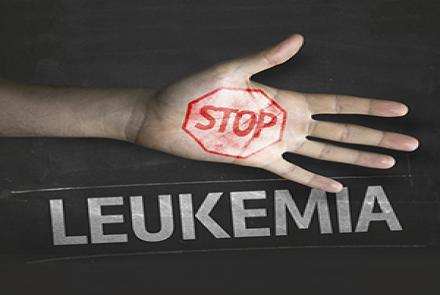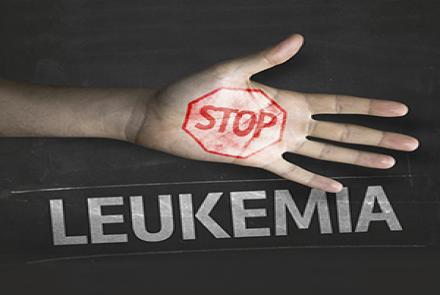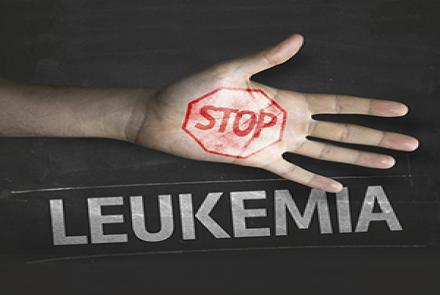Hypertension or high blood pressure may be caused by any of the following reasons:
Narrowing of the arteries
A greater than normal volume of blood
The heart beating faster or more forcefully than it should
Any of these conditions will cause increased pressure against the artery walls. High blood pressure may also be caused by some other underlying medical problem.
Are you at risk of developing high blood pressure?
Risk factors for high blood pressure include:
Age and gender…
Latest Stories
- People with Parkinson’s may experience extreme sadness of mood and anxiety. This could be due to the Parkinson’s itself or due to the effects of the medication. It is important to acknowledge these emotions and to get the required help. Depression It is natural for everybody to feel sad at times, or to get upset by things. However, after a while or if they are put in another situation, then they may no longer experience these emotions. Sometimes, people tend to experiences these emotions for an…
- With Parkinson’s being a condition that mainly affects movements, traveling can become quite a difficult task. The most important thing to remember is that you must always plan ahead. By planning ahead of time, you will be able to organize everything that you need as well as decide on what mode of transportation you will take and arrange for the same. While it is important that you always have your medications at the times given by your doctor, if you know that you are going to be going out,…
- Diagnosing leukemia Physical Exam: During a physical exam, a doctor may look for lumps (formed by accumulation of abnormal cells in the skin). Also known as Choloromas or Skin rashes. A thorough medical history will be taken and the patient can report a family history of leukemia or any symptoms or risk factors. Blood Tests: Blood tests, like a complete blood count (CBC) can detect leukemia. A CBC determines the number of white blood cells, red blood cells and platelets. It can also count…
- What are the types of leukemia? There are several classification systems for classifying leukemia. However, based on degree of disease progression, the two major forms are acute and chronic. Acute leukemia is fast-growing and can overwhelm the body within a few weeks or months. The new cells, called blasts (immature WBCs) cannot perform normal physiological functions. Due to longer life span, these cells continue to rise in circulation. Chronic leukemia in contrast progresses slowly. The blood-…
- During the treatment of leukemia, it is important to manage the side effects of the treatment and maintain a healthy lifestyle to the extent possible. Read tips on how to manage the various aspects of a healthy and balanced diet, ensure enough nutrition, regular exercise to ensure oxygen supply to cells. If the treatment includes Chemotherapy, there will be certain side effects. Here are some tips on managing the side effects of Chemotherapy. Join a support group that you can speak…
- Preventing Leukemia Since the causes of leukemia are not known, it is difficult to define clear preventive measures. The best you can do is reduce impact of risk factors of Leukemia. Some types of leukemias can be prevented by avoiding high doses of radiation, smoking, tobacco use, chemical substances like benzene and certain chemotherapeutic agents used for other cancers.
- What are the causes of leukemia? The exact cause of leukemia is unknown. Different kinds of leukemia are believed to have different causes. Environmental and heriditary factors seem to play a role. Some are inherited and some are non-inherited factors. Risk factors of Leukemia Exposure to radiation. Atomic bomb survivors in Japan had a signifiant risk, even to fetuses exposed during intitial months.Risks associated with CT scans and X-rays is not yet known. Previous treatments…
- What are the signs and symptoms of leukemia? Blood clotting is poor - Incompletely matured white blood cells crowd out blood platelets, which are crucial for blood clotting. Hence patient may bruise or bleed easily and heal slowly. He may also develop petechiae (small red or purple colour spots on the body, caused by minor haemorrhage). Immune system affected - The patient's white blood cells, which are crucial for fighting against infection, may be suppressed or not working properly.…

